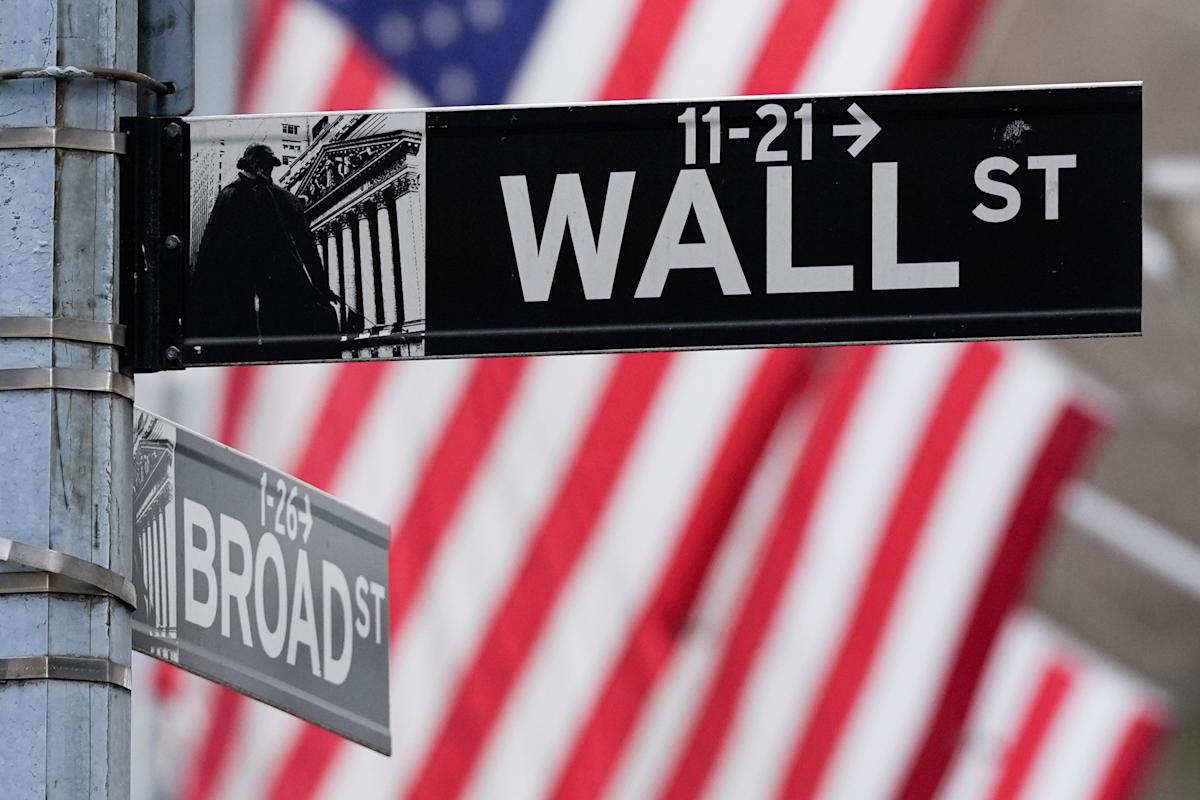A Vision for 24/7 Trading of Tokenized Stocks
Imagine a future where major U.S. stocks, such as Tesla and Nvidia, are traded continuously, with transactions completed in mere seconds. This vision is gaining traction as the crypto sector collaborates with prominent Wall Street firms to integrate tokenized stocks—digital representations of traditional shares recorded on a blockchain—into the mainstream financial ecosystem. Recently, Nasdaq submitted a request to regulators seeking approval to facilitate the trading of listed stocks in a tokenized format on its exchange. If the Securities and Exchange Commission (SEC) approves this request, it could represent a significant advancement in the convergence of conventional finance and blockchain technology. The SEC has opened the proposal for public feedback, with a ruling anticipated within 45 to 90 days following its announcement.
Tokenization’s Inevitable Rise
“Tokenization is like a freight train. It can’t be stopped, and eventually, it’s going to consume the entire financial system,” remarked Vlad Tenev, CEO of Robinhood, during a crypto conference in Singapore. This summer, Robinhood expanded its offerings by introducing over 200 tokens representing U.S. stocks and ETFs (exchange-traded funds) in Europe. Meanwhile, major financial institutions such as Goldman Sachs and BlackRock are already making strides in this area, having launched tokenized money-market funds. BlackRock is also reportedly considering the introduction of tokenized ETFs.
Revolutionizing Asset Trading
“Every stock, every bond, every fund—every asset—can be tokenized. If that happens, it will transform the investment landscape,” stated Larry Fink, CEO of BlackRock, in his annual newsletter this past July. He emphasized that tokenization could eliminate market hours, enabling transactions that currently take days to settle to be completed in seconds. Proponents of tokenized stocks argue that they enhance trading accessibility for investors, facilitate asset exchanges through single blockchain transactions, and broaden their utility in lending and collateralization. Kevin Rusher, founder of the asset borrowing and lending firm RAAC, noted that these innovations provide financial tools that retail investors may not be accustomed to, effectively lowering entry barriers.
Growth Potential of Tokenized Real-World Assets
According to a report from the Boston Consulting Group and Ripple, the market for tokenized real-world assets, which encompasses stablecoins, bonds, real estate, and commodities, is projected to expand from approximately $600 billion in 2025 to nearly $19 trillion by 2033. However, the initial rollout of tokenized equity products overseas has faced challenges. Tokens linked to well-known stocks like Apple and Amazon in Europe have encountered issues with low liquidity, resulting in price discrepancies compared to their actual stock counterparts. Additionally, concerns regarding third-party issuers have emerged. For example, when Robinhood announced in June its plans to offer tokenized shares of private entities such as OpenAI and SpaceX to European clients, OpenAI swiftly clarified that these were not actual equity offerings from the company.
Regulatory Scrutiny and the Need for Clear Frameworks
In August, the World Federation of Exchanges, which includes Nasdaq, urged regulators to enhance oversight of tokenized stock products, cautioning that they are often marketed as equivalents to traditional stocks when they may not be. Nasdaq’s September proposal highlighted that its intended tokenized securities would possess the same value and shareholder rights as their conventional counterparts. For tokenized stocks to achieve widespread acceptance in the U.S., experts believe a more robust regulatory framework is essential. Jerry Comizio, associate director of the business law program at American University, noted that token-related investment products are currently regulated inconsistently across state and federal levels, lacking the centralized oversight seen in other sectors like banking.
The SEC’s Stance on Tokenized Securities
The SEC has asserted that tokenized stocks fall under its jurisdiction, stating in July that “tokenized securities are still considered securities.” The recent surge in the tokenization trend in the U.S. has coincided with new legislation that has sparked growth in stablecoins—digital tokens tied to the U.S. dollar. The digital currencies Ether and Solana have seen increases in value as excitement builds for the migration of real-world assets onto blockchain networks. Many industry insiders anticipate that major corporations such as Tesla and Amazon will eventually issue shares directly on-chain. “Ultimately, all financial markets will operate on the same technology that underpins crypto today,” predicted Kevin de Patoul, CEO of blockchain liquidity provider Keyrock.

